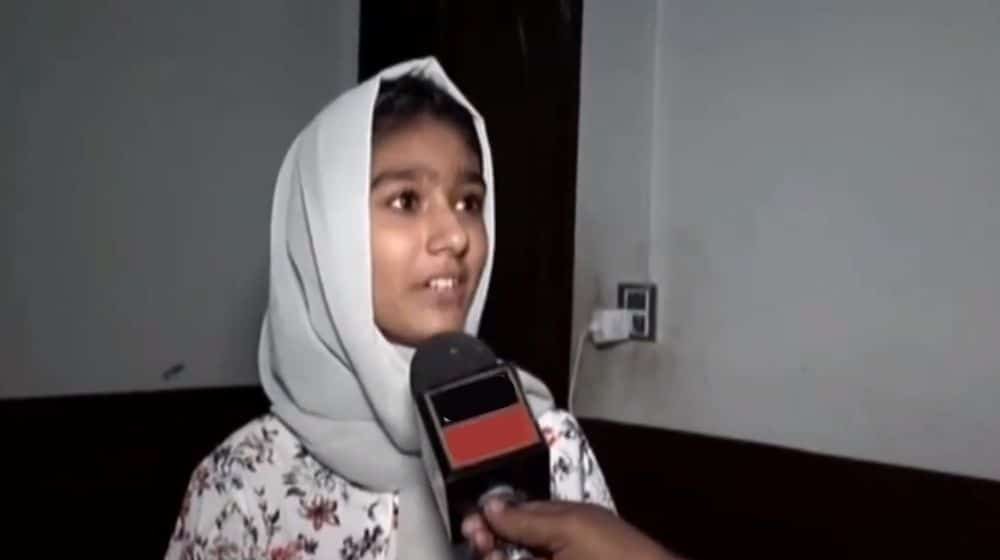The accomplishment of Bisma shows the capacity of young minds to contribute meaningfully to the fields of science and technology, particularly in enhancing traffic safety.

The National Aeronautics and Space Administration (NASA) has recognised 13-year-old Bisma Salangi, a student at Karachi’s Evergreen Secondary School, for her outstanding accomplishments. Anti-sleep glasses were created by Bisma specifically to stop drivers from nodding off behind the wheel.
The main goal of her invention of Anti-sleep glasses is to lessen collisions and improve all aspects of road safety. These cutting-edge glasses are designed to keep drivers awake and alert, reducing the risks of driving while fatigued.
The accomplishment of Bisma shows the capacity of young minds to contribute meaningfully to the fields of science and technology, particularly in enhancing traffic safety.
Salangi has been invited to take part in their camp as a result of NASA’s interest in her creative work. She will be able to develop more devices and further develop her skills thanks to this chance. Salangi emphasised the potential of Pakistanis and the value of perseverance in achieving extraordinary feats in an interview.
Beyond Pakistan, fatigue is a significant risk that affects drivers and puts other road users in danger. The World Health Organization (WHO) claims that accidents caused by fatigue are a significant contributor to traffic accidents all over the world.
Drivers are more likely to make mistakes and be involved in accidents on the road when they are fatigued because it impairs their reaction time, capacity for decision-making, and general alertness. Numerous factors, including insufficient sleep, long workdays, monotonous road conditions, and sleep disorders, can contribute to fatigue.
Fatigue-related accidents can have serious consequences, including injury, fatality, and high economic costs.
Governments, organisations, and researchers have been working to spread awareness and put strategies in place to combat driver fatigue because they understand how important it is to address this issue. Promoting healthy sleep patterns, encouraging frequent breaks during long drives, and educating drivers about the symptoms of fatigue are all strategies.
